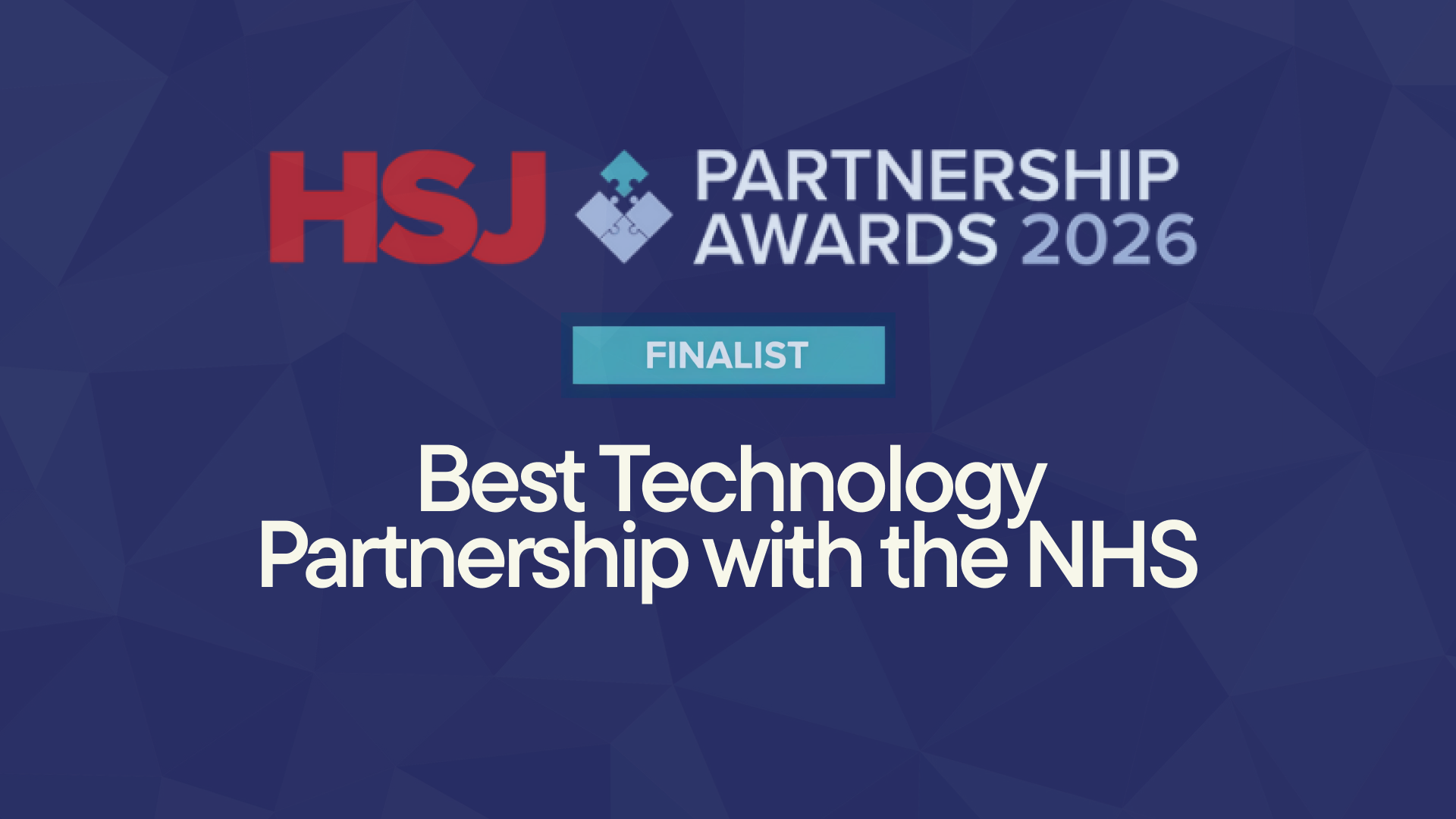On 9 September 2025, C the Signs and the Royal College of Nursing (RCN) co-hosted a pivotal webinar titled “The role of primary care nurses in early cancer diagnosis.” The Royal College of Nursing in bringing together nursing professionals, primary care leaders, and clinical innovators, the event made clear that earlier detection of cancer is not just about tools - it’s about people, processes, and partnership.
Why this webinar mattered
- A vital gap to fill. Almost half of cancers in the UK are still diagnosed at a late stage, when treatment is less effective. The Royal College of Nursing In primary care, symptoms are frequently vague or non-specific - meaning the margin for error is narrow, and the cost of delay is high.
- Nurses are central. Whether as practice nurses, advanced nurse practitioners, healthcare assistants, or part of the wider team, nursing staff are often the first to see patients, triage symptoms, and coordinate care escalation. This webinar affirmed their critical role in recognising risk, escalating appropriately, and helping patients navigate diagnostics.
- Digital support can change outcomes. The session introduced how clinical decision support systems - like C the Signs - can augment clinical vigilance, helping teams to assess cancer risk faster, more consistently, and more equitably.
What the webinar covered
The agenda was structured to bridge theory and practice. Key themes included:
- Challenges of early diagnosis in primary care - recognising “red flags” and patterns when symptoms are ambiguous.
- NICE cancer guidelines in real life - translating guidance into day-to-day decisions.
- Case studies - including FIT (faecal immunochemical test), PSA, cervical screening, post-menopausal bleeding, and more.
- Team roles & escalation - how every member of the practice team contributes to spotting and acting on cancer risk.
- Clinical decision support in action - how platforms like C the Signs streamline assessment, flag risk, and suggest appropriate referral pathways.
- Interactive Q&A - giving attendees a chance to probe, challenge, and learn.
What this means in practice
The webinar reaffirmed a powerful shift: early cancer detection will increasingly be achieved not by siloed brilliance, but by connected teams working with intelligent augmentation.
- Nurses become more empowered to act on subtle cues, supported by systems that help flag risk early.
- Diagnostic pathways get activated sooner, shortening the time between suspicion and investigation.
- Inequalities may shrink: consistent decision support helps reduce variation in care across regions and teams.
This aligns with the real-world impact C the Signs is already showing. In GP practices using the platform, cancer detection rates have improved (for example, a jump from 58.7 % to 66.0 % in a study of 35 practices) - doing so without burden to the clinicians.
Voices from the session
One comment from the live discussion echoed what many already believe:
“Even when symptoms don’t look classic, having a prompt or nudge helps us check further rather than wait.”
That underscores exactly why combining human expertise with AI is transformative - we don’t replace intuition or experience, we sharpen and scale them.
Looking ahead: how to make this real
To turn the insights from the webinar into frontline change, we need action:
- Embed tools in everyday workflows. Decision support systems must feel seamless - integrated into existing electronic record systems, not a bolt-on.
- Invest in training & trust. Clinicians need confidence in AI, through education, demonstration, and peer support.
- Track outcomes & learning. Monitor how decision tools affect referral patterns, stage at diagnosis, and equity across populations.
- Champion policy & resource alignment. Systemic support - from commissioners, health systems, and regulators - is essential to scale early detection equitably.
Rewriting what’s possible
The RCN – C the Signs Webinar wasn’t just another educational event - it was a statement of purpose. It reaffirmed that nurses are pivotal to rewriting cancer’s timeline. It showed us that technology, when built with care and aligned to workflow, can restore precious time to patients. And it made clear that early detection is not a dream - it’s an imperative we can deliver together.
At C the Signs, our mission is to give people back time, choice, and life through earlier, safer, more equitable diagnosis. That mission comes alive when we partner with frontline clinicians - and this webinar is just one step in the journey. The transformation is underway, and we’re leading it together.










.png)